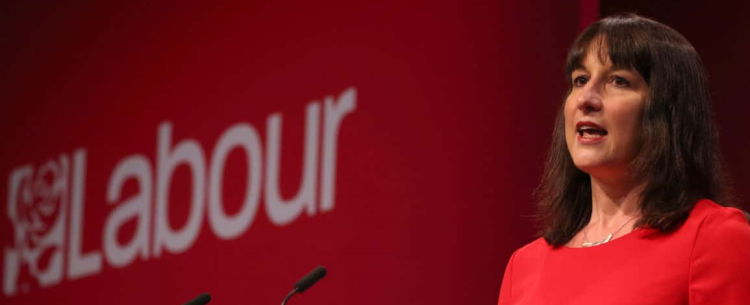I hope I get my act together and do the reading or writing for something on ‘shortages’, Citizens take over Europe‘, economics, immigration, union democracy or UK defence policy. But meanwhile here’s a piece on the Labour Party rules and competent business.
I was asked, but not personally, and I paraphrase, “Are motions on the current round of proscriptions and auto-exclusions ‘competent business’ for CLPs?”
I have not read the motions in question and it’s possible to write one that is not competent.
I think that arguing that the proscription process, the criteria defining ‘support’, the members of the list of proscribed organisations, their swapping the disciplinary route from C6/NCC to 2.I.4.B, their prosecution for events that took place before the proscriptions decision, their failure to notify members of the change of rules are wrong, is legitimate business. (You can probably add to this list.)
I think there is an argument that auto-exclusion under Rule 2.I.4.B is not a disciplinary process.
Formby’s ban on discussing disciplinary cases was based the powers in 1.VIII.3.A.iv & 6.I.1.D both of which state that the decisions of the NEC or NCC shall be final but only if the process defined by those rules is engaged. As should be obvious, the decision to auto-exclude means that the NEC & NCC do not take decisions and so these protections for the decisions no longer apply. 2.I.4.B does not provide the “finality” protection to the decision. I would also argue that switching a prosecution track from one route to another is contrary to natural justice as is backdating the date of the events leading to prosecution.
Overall the prohibitions cover individual disciplinary cases, because they belong to other bodies, challenging the EHRC report, challenging legal settlements associated with court supervised apologies, and there’s a form of words stating that CLP leaderships have a duty to “… [create] an open and welcoming environment for people of all communities and backgrounds”. ( I need to find a reference for this last bit, and there is a more explicit guidance as to meaning of this last prohibition but it’s not on the internet nor afaik on the LP’s web site.)
To answer the author’s question, CLP leaderships will get into trouble for ignoring region or GLU advice, or acting in bad faith. If in doubt ask them, but bear in mind your members right to write and move a motion, it’s protected by their rights to freedom of speech and doubly so if the motion is proposed as conference motion. …







